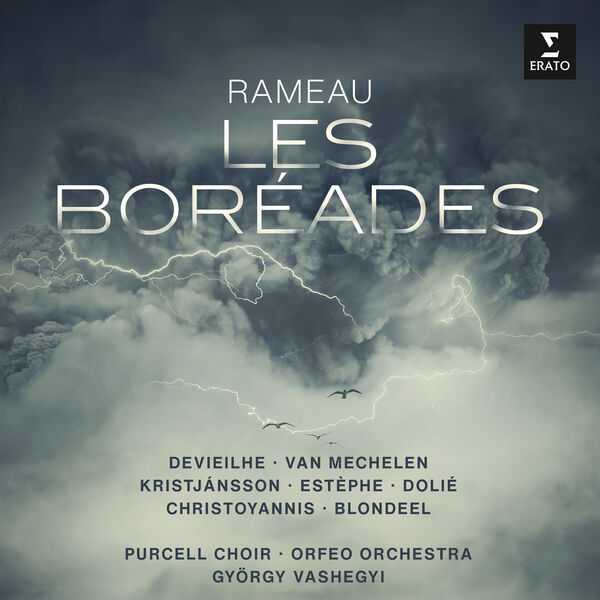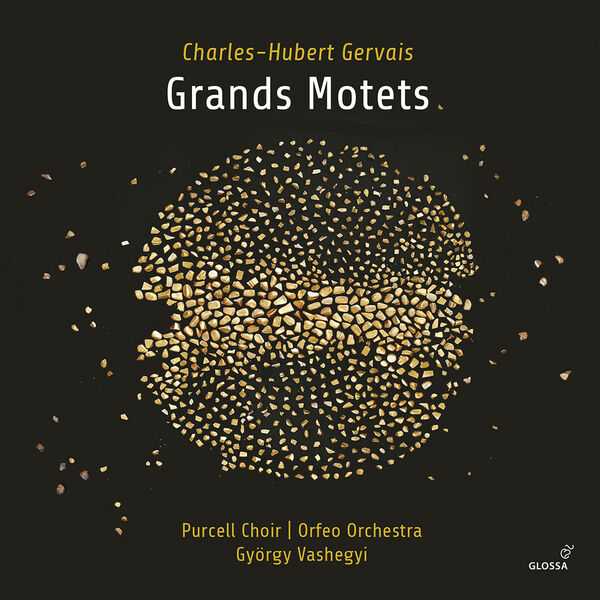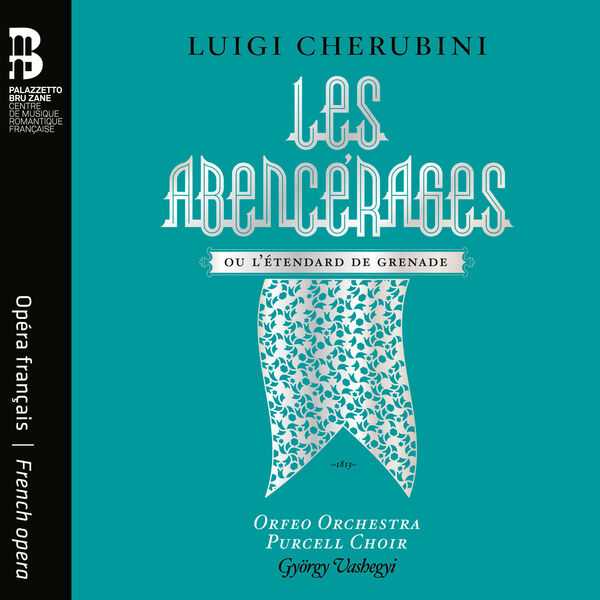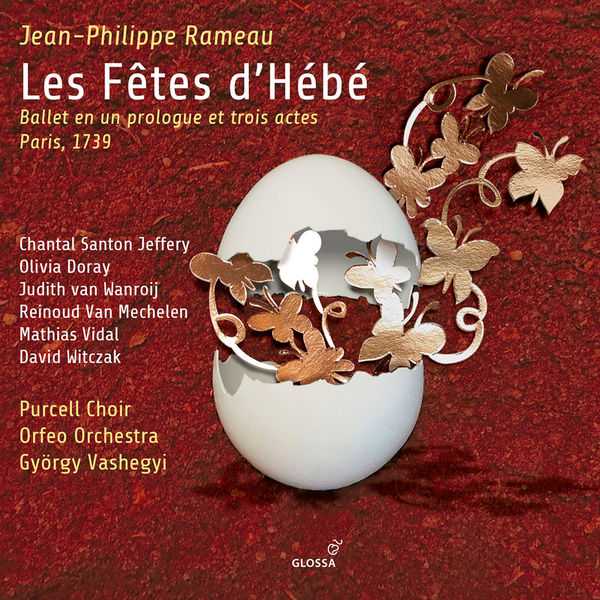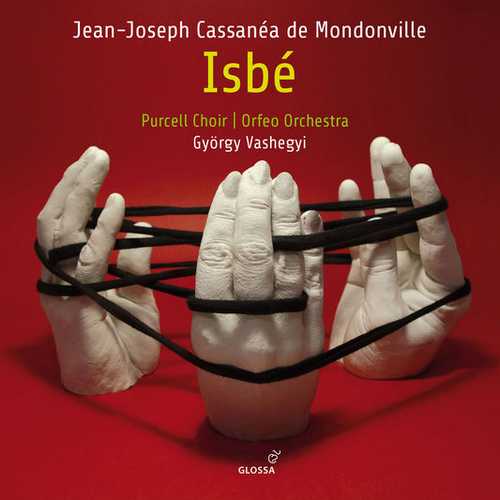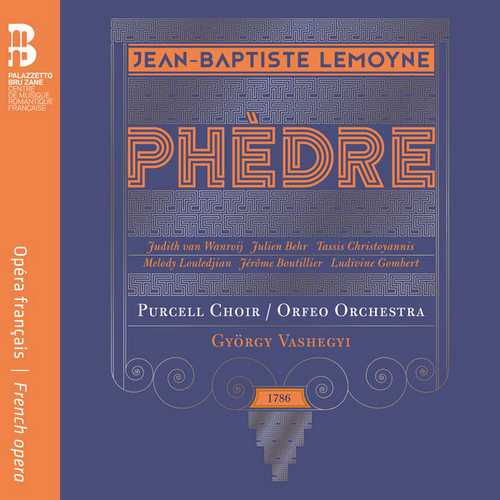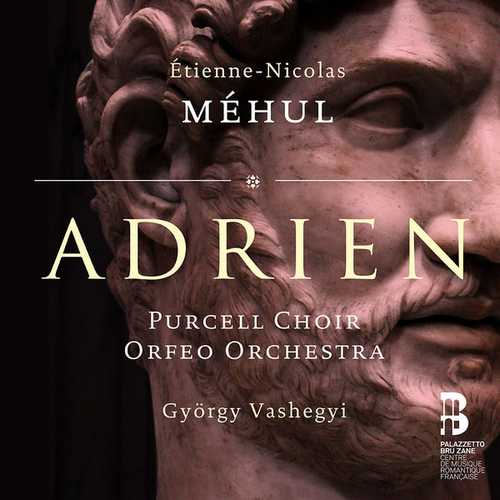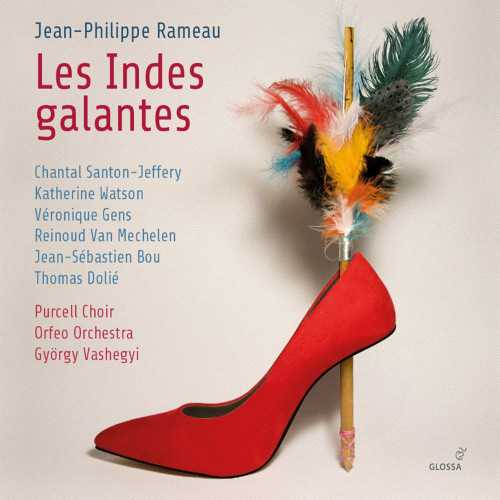Vashegyi
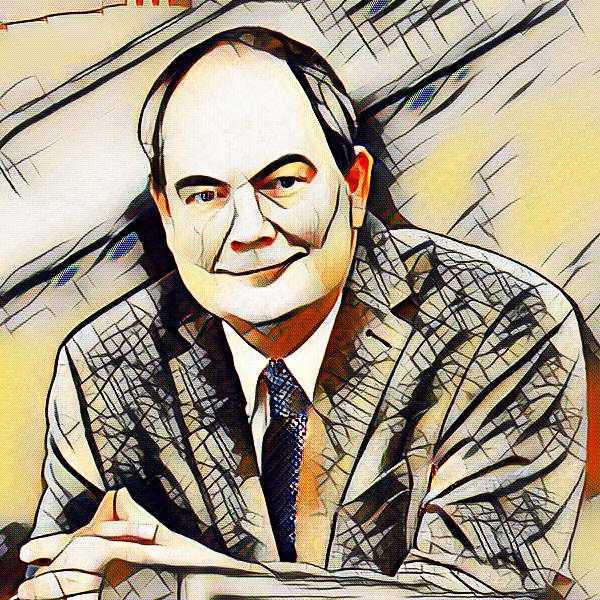
György Vashegyi is a Hungarian conductor and harpsichordist, renowned for his dedication to historically informed performances and his revival of forgotten Baroque and Classical works. Born in Budapest, Hungary, in 1970, Vashegyi is a prominent figure in the world of early music, recognized for his deep understanding of historical performance practices and his commitment to authentic interpretations. His contributions have been particularly significant in bringing lesser-known composers and works back into the repertoire, especially from the French Baroque period.
Vashegyi’s musical journey began with studies in conducting and harpsichord, where he was deeply influenced by his interest in early music. After attending the prestigious Franz Liszt Academy of Music in Budapest, he went on to study in Paris, where his passion for French Baroque music flourished. This period in Paris was pivotal in shaping his musical direction, as he immersed himself in the works of composers like Jean-Philippe Rameau, Marc-Antoine Charpentier, and others from the French Baroque tradition. His encounter with the works of these composers sparked a lifelong passion for reviving forgotten masterpieces, particularly those from this era.
In 1990, Vashegyi founded the Purcell Choir and, a year later, the Orfeo Orchestra, two ensembles dedicated to historically informed performances of Baroque and Classical music. Under his leadership, these ensembles have become highly respected in the early music community, known for their meticulous attention to historical detail, period instruments, and stylistic authenticity. The Purcell Choir has established itself as one of Hungary’s leading vocal ensembles, particularly for its performances of Baroque and early Classical choral works. The Orfeo Orchestra, likewise, is noted for its precision and vibrant interpretations of instrumental works from the 17th and 18th centuries.
Vashegyi’s reputation as a specialist in French Baroque music has grown over the years, largely thanks to his numerous recordings and performances of long-neglected French operas and sacred works. His revival of the music of Rameau, Charpentier, and André Campra, among others, has been widely praised. He has recorded several important works, many of which had not been performed for centuries. His interpretations are noted for their clarity, elegance, and historical accuracy, bringing fresh life to these forgotten masterpieces. One of his notable achievements is his work with the French music publisher Palazzetto Bru Zane, with whom he has collaborated to produce critically acclaimed recordings of these rediscovered works.
In addition to his focus on French Baroque music, Vashegyi has also been instrumental in reviving and performing Hungarian Baroque compositions. His dedication to this repertoire has helped bring recognition to composers from Hungary’s rich musical heritage, many of whom had been overlooked by the broader classical music community.
Vashegyi’s achievements are not limited to his work with the Purcell Choir and Orfeo Orchestra. He has conducted numerous prestigious orchestras and choirs around the world, including the Hungarian National Philharmonic and the National Choir of Hungary. His ability to seamlessly move between choral and orchestral conducting has made him a versatile and sought-after conductor in the early music field.
Beyond his role as a conductor, Vashegyi is also an influential figure in Hungarian musical life. He serves as the president of the Hungarian Academy of Arts, where he advocates for the preservation and promotion of Hungary’s cultural heritage, particularly in music. His leadership in this role has further cemented his status as one of Hungary’s leading cultural figures.
György Vashegyi’s contributions to the world of early music are vast. His revival of neglected Baroque and Classical works, particularly from the French tradition, has enriched the classical repertoire, bringing new attention to masterpieces that had been forgotten for centuries. His historically informed performances continue to captivate audiences, combining scholarly precision with vibrant musical expression. Through his work as a conductor, harpsichordist, and cultural advocate, Vashegyi has made an indelible mark on both Hungarian and international musical landscapes.
